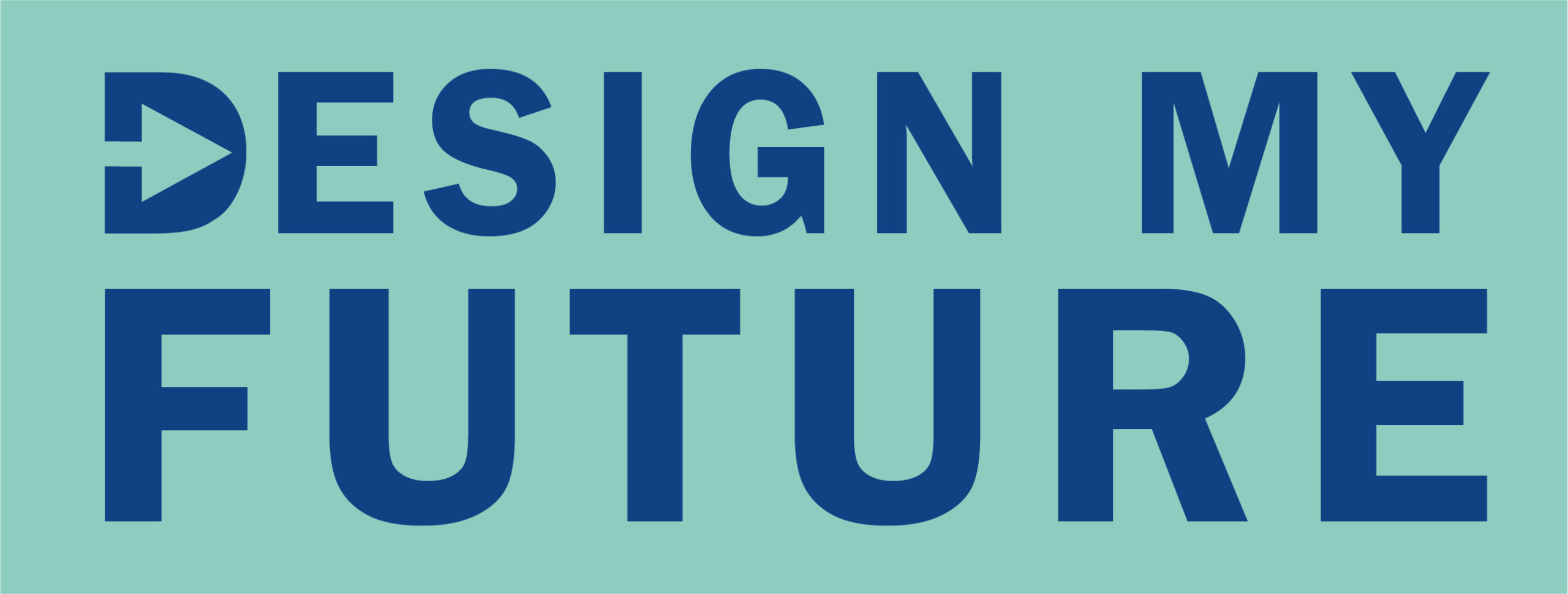Throughout our lives we realise that the decisions are always there. And if at the beginning of the path we have some people who decide for us and a little later advise us on the decisions to take. In adulthood we feel that most of the decisions are made for us. And that many of them, apart from being difficult and very complex, do not only involve us, but also others who are very important to us, our children. And parents know this well.
Throughout our project – Design my Future – we have been trying to understand how young people, teachers and parents make decisions about the continuity of the school project throughout life, counteracting early school leaving. And how this route will inform and guide them to gain good skills for their future, at a professional, personal and social level.
This is a vital stage for young people, and parents want to play a key role in this process. However, this role has become increasingly complex. This is because both parents are increasingly busy with their own professional projects. But also because the time spent by their children at school is equally great. And it is not by chance that schools and especially career counsellors have started to play a more prominent role in this aspect.
Therefore, young people, teachers and parents know that the decisions young people make from an early stage at school can have a big impact on their future career choices and happiness. And as such, this pressure has a greater impact on the importance of the parental role.
What do you want to be when you grow up has long ceased to be an innocent question to take on increasing complexity. And the answers that children give their parents lead us to fear about the decision for the children’s future. Whether it’s because the professions chosen by children are not what their parents expected. But also because more and more professions that are emerging and other emerging professions are further and further away from the reality and knowledge of the parents themselves. Technological development has been accelerating ever since its inception. And this also translates into equally rapid changes in the labour market. Parents also feel that the school, like them, seems to be somehow outdated in relation to this process. And when some of them say they want to be e-sports players or youtubers, the difficulties in understanding these choices by their parents are accentuated.
And when we hear every day that in the next five to ten years about 50% of the jobs that exist today will cease to exist, the indecision about what to choose and how to choose is accentuated, both in young people, but also in the advisory and guidance role of parents. And whether in this or other areas, parents know that their children have not come as any script. And as such, decisions have to be constructed along the way. And if people think that it is only the professional areas that are constantly changing, they are wrong. The very skills that are required for the labour market are also different from fifteen or twenty years ago and will continue to change.
And if all these doubts are present in young people and their parents in a global way. They take on other specific and even more complex outlines when young people show greater demotivation and disconnection about their educational process and consider leaving school early. Or when we are talking about young people with certain neurodivergent conditions, in which they and their parents feel that reaching the objective of finishing their education and entering the labour market assumes contours of great difficulty. Or young people and families who belong to certain communities, such as travellers, gypsies, refugees, etc. And who have always felt that the opportunities for them seem to be different from other groups.
Paths are made by walking, we all know it. But in many situations we don’t know how to do it and with whom to do it. In our project – Design my Future, we went looking for that same information to bring it in a capable way to young people, teachers and in this particular case to parents. The guidelines we provide are not meant to replace the responsibilities and role of parents. But we do intend to bring parents and their children closer together in this decision making process regarding their future.
Pedro Rodrigues from Progreso Infantil (PIN).
This original blog appeared on Post | Paths are made by walking on 1 October 2022 and is reproduced here with the permission of the author.

